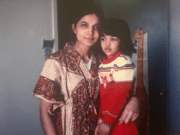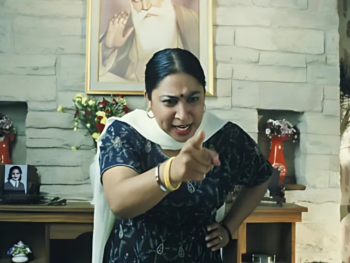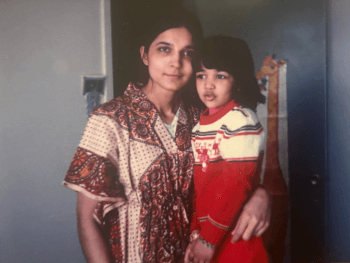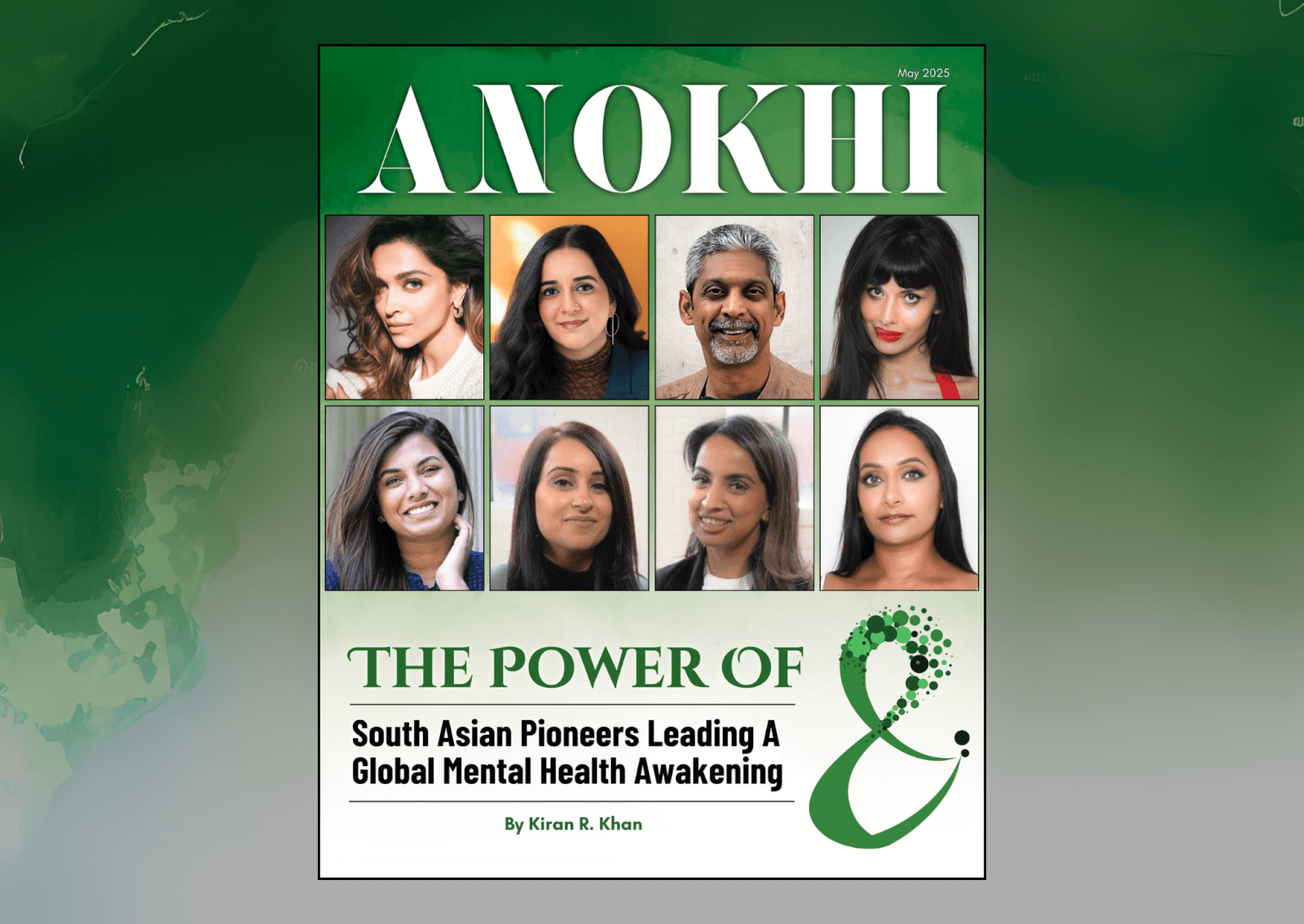
The time has come for bullying to end. It’s time to speak up!
I walked into the building where I worked for what I hoped would be the last time, headed straight for my boss’s office and told her I quit. Tears rolled down my face as I recounted the number of comments, threats and rumours I had heard about myself and played for her a series of voicemails left by coworkers with expletives and name-calling throughout, each one more vile than the last. (This came after my purse had been riffled through and money stolen, yet again.) A number of coworkers, including my direct supervisor, had banded together and it seemed that their main goal was to make me miserable.
With more than one definition and interpretation of the word bully, the act of intentionally and repeatedly hurting, intimidating or terrorizing one individual, are all at the root cause of this heartbreaking pandemic. Mississauga, Ont.-based psychologist and consultant on youth issues, Dr. Nighat Gilani, describes bullying as “an aggressive behaviour of an individual to intentionally harm someone, physically or mentally. It can be habitual and involves an imbalance of power,” she says. “There are different forms of bullying, like harassment, physical assault or coercion directed towards particular victims.” The act of tormenting has crept from the playground into our homes and workplaces and the victims are more than kids. Far beyond just childish comments, many of us have had a comment or gesture made toward us that had the sole intent of hurting our feelings. Harassment in schools has gained the media’s attention and a spotlight has been shone on the disturbing cases of bullying gone too far. However, workplace oppression has been on the rise, as more and more individuals are becoming aware of what it is and are speaking out. Relationship bullying, most commonly known as family violence, is one of the more painful types of intimidation, hitting close to home with situations occurring between siblings, parents and their children or spouses, making the cases more emotional.
Over the years, bullying has increasingly become a more pressing issue that needs to be addressed. Cases of extreme bullying that have ended in the suicides or deaths of children as young as 10 years old have popped up around the world putting a spotlight on this scary and growing problem. The high-profile cases of bullying that ended in deaths have hit the news in countries ranging from the U.S., England, Norway, Canada and the list goes on. Just search ‘bullying stories’ online and up pops a number of links to blogs and websites featuring the sad story of a young person whose life was stunted by bullying. “Roughly speaking, about 60 to 80 percent of children are bullied at school these days.” says Dr. Gilani. Siddanth*, a 15-year-old student, said, “You kind of feel frustrated. And you kind of feel pissed off. At the same time you kind of feel bad about yourself”.
Research shows that in many of the reported cases of school-aged bullying, the victims have almost equally been boys and girls, however boys are usually the bullies; a statistic that is consistent internationally. Power struggles between peers usually leads to bullying which includes physical fighting, name-calling, spreading rumours, threats, taking or breaking property and more; turning bullying into a nightmare for parents. Monica*, a 12-year-old girl, says, “I hated my hair because of bullies. They called me Medusa. I hid my hair every day because of it, I felt gross.” Since children are now growing up in the world of technology, bullying has been shifted into the online world. Cases of cyber bullying have also emerged with the advancement of social media, launching the world of bullying into another dimension. Cyber bullies can spread misinformation and rumours much faster and to a wider audience anonymously, leaving the victim even more hurt and clueless as to whom the perpetrator is.
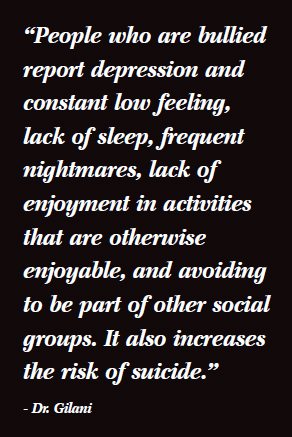
Workplace bullying has been on the rise as more and more people are becoming aware of what the signs are and have become more outspoken. Power shifts and struggles have greatly altered the workforce as many job environments are becoming more competitive, making some offices a breeding ground for bullying. Just like school-aged bullying it includes the same persistent aggressive behaviour. In many of these cases, management bullies a subordinate. “People who are bullied report depression and constant low feeling, lack of sleep, frequent nightmares, lack of enjoyment in activities that are otherwise enjoyable, and avoiding to be part of other social groups. It also increases the risk of suicide,” says Dr. Gilani.
Similarly to the other types of bullying, relationship bullying and family violence is caused by a difference of power, except it is between spouses, siblings and other family members. With the additional emotional strain on the victims of relationship bullying, it is seemingly harder to speak out. Sadly, in all the cases of bullying, there is a severe emotional effect on the victim. “As bullying evolves over time, the power dynamics and inequality in the relationship become stronger. The victimized person gets caught in an abusive relationship. Research indicates that adults who bully have personalities that are authoritarian and have a strong need to control or dominate. Sometimes a prejudicial view of subordinates or people of a particular group can be a particularly strong risk factor” says Dr. Gilani.
The dynamics of bullying all remain the same, whether it takes place at school, the office or in a relationship. It is a power struggle, which always takes its toll on the victim. Dr.Gilani states, “bullying can have extremely negative effects on the person. It can damage victim’s self-confidence, make them fearful of the people in authority and damage their ability to move forward in life in a healthy and productive way.” When I spoke with Simon*, 18, about being bullied in school he said, “It made me feel like I was weaker because I was pushed around.”
Despite the negative effects bullying has on its victims, the perpetrator often grows up desensitized to violence and often has a dim future. Dr. Gilani says, “research also suggests that a bully is six times more likely to be incarcerated by the age of 24. It is also noted that a bully is five times more likely to have a serious criminal record when he/she grows up.”
Not a stranger to bullying in the workplace or school, I now work with young women and let them know how important it is to love and accept yourself for who you are, be confident and speak up for yourself and against bullying. Many school boards and workplaces have implemented anti-bullying campaigns and have regular workshops in hopes to decrease bullying. Not-for-profit organizations have been developed to spread awareness of the various types of bullying, ways to recognize it and where to turn if you are bullied. Many workplaces are implementing a harassment-free and anti-oppressive work environment. Being aware is only half the battle; speaking up, out and against all forms of bullying and demystifying the stereotypes will start the change to bully-free times
Here are a few signs and pointers from Dr. Gilani to help you get through bullying.
What are some of the signs for parents to look for if their child is being bullied?
If the parents see an unusual behaviour, such as:
- child becomes quiet and less expressive
- hides in his/her room
- starts stuttering or bed-wetting
- avoids going out, their interest in school-related activities reduces and/or grades or class performance deteriorates
What are some things parents can do to help if their child is being bullied?
Parents should:
- keep an eye on their children’s daily activities
- look for a change in their behaviour
- ask indirect questions
- reassure them things will change
- encourage them to speak up
- speak with school authorities
What are some of the coping methods people can use for workplace or relationship bullying?
- recognize and acknowledge that they are being victimized or bullied (denial or avoidance is never going to help)
- look at the options available to them by their organization or in their surrounding
- talk to people they trust, it could be a friend, colleague, or may be a doctor
- if needed, seek professional help to learn assertive ways of dealing with bullying
*Names have been changed
BY GEETA WAHAB / PUBLISHED IN THE BEAUTY ISSUE, SPRING 2012
Geeta Wahab
Author
Cultivating a life she loves, Geeta (@geets.suites) is chasing all her passions, including her love for home décor. As a brand new home owner, her current journey has launched her further into that world - check out her Instagram @geets.suites for tidbits of her story and other decorating pieces. A...


















